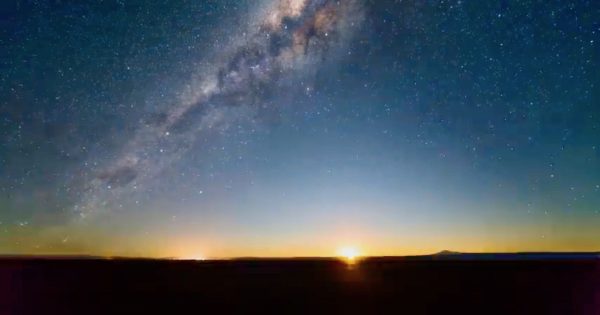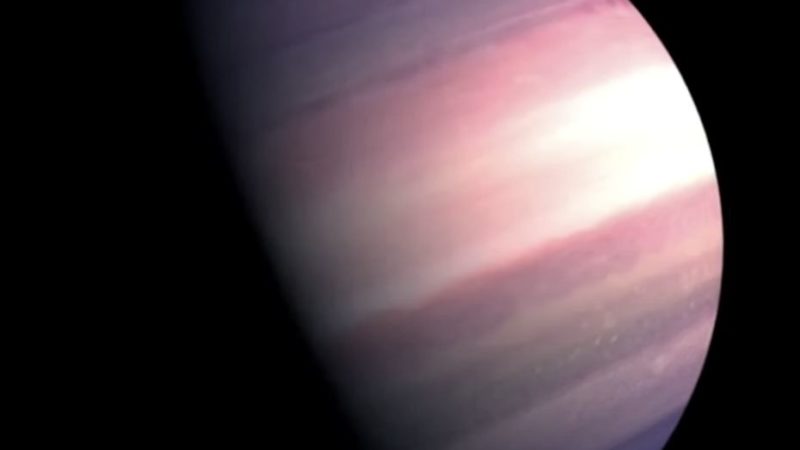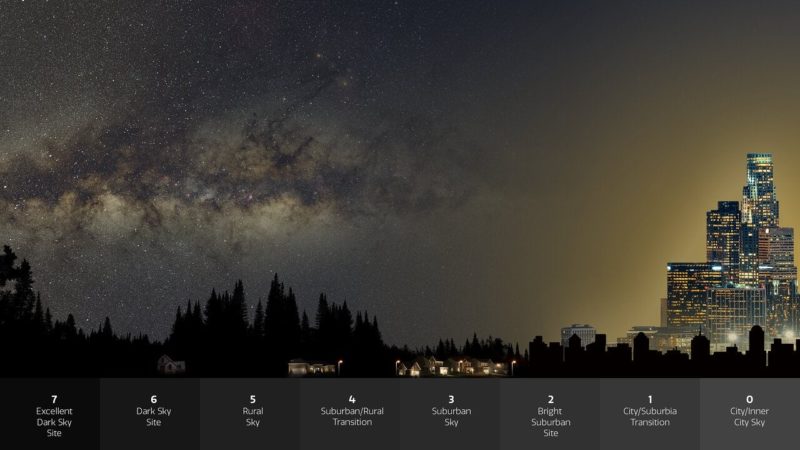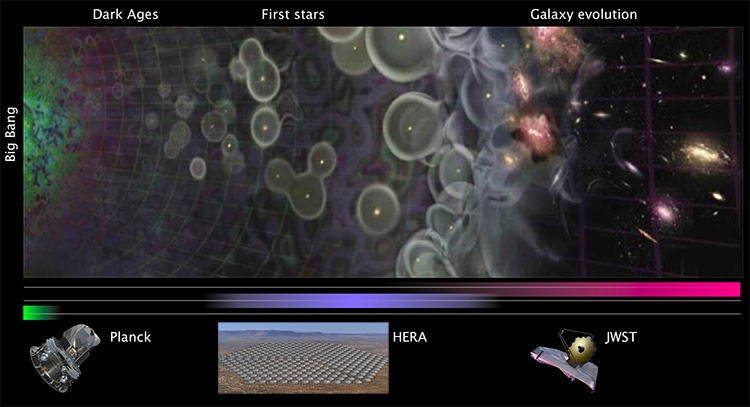Neil deGrasse Tyson and Cosmos Peddle the Myth that Copernicus Demoted Earth – Discovery Institute

In episode 8 of the new Cosmos season, “Possible Worlds,” host Neil deGrasse Tyson finally delivered a favorite bit of wrong revisionist history: the claim that astronomer Nicolaus Copernicus (1473–1543) demoted humans from the privileged center of the universe and thereby challenged religious doctrines about human importance. “Demoting the earth from the center of the universe was a severe blow to human self-esteem,” he claims on the episode, which aired this past Monday. (For reviews of previous episodes, see the bottom of this post.)
Tyson is among a chorus of voices peddling this trope. Atheist Christopher Hitchens, for instance, called Christianity’s earth-centered cosmology its “greatest failure.” But in this case the atheists failed to do their homework. I break it down in my book, Unbelievable: 7 Myths about the History and Future of Science and Religion.
The Real Copernicus
Copernicus, a canon in the Catholic Church, did indeed challenge an earth-centered cosmology, but he considered his sun-centered astronomical model to be compatible with Christianity. Indeed, he declared on one occasion that God had “framed” the cosmos “for our sake.” Most other early modern advocates of heliocentric astronomy similarly affirmed the harmony of the Bible with the new astronomy.
The myth that Copernicus demoted humans assumes that premodern geocentricism (earth-centered astronomy) exalted humankind. But according to the geocentric view of the ancient Greeks — widely accepted well into the 17th century — earth was at the bottom of the universe, the dregs. “Up” pointed to the exalted, incorruptible cosmic heaven.
Thus could Galileo, in the century after Copernicus, write, “I will prove that the Earth does have motion … and that it is not the sump where the universe’s filth and ephemera collect.”
Distorting Copernicus
The idea that Copernicus demoted humans and thus challenged religion was invented in the mid 1600s as an anti-Christian narrative. By the mid 1800s the myth had entered astronomy textbooks, and by the 1960s it had become textbook orthodoxy.
The latest edition of this narrative enlists the discovery that exotic dark matter may predominate in the universe. “It is interesting to consider how far we have moved from our Earth-centered view of the universe in our exploration of galaxies,” write Stephen Schneider and Thomas Arny in a college textbook:
We have learned that the Sun lies in the outskirts of a galaxy, which is not a particularly significant galaxy, which is in a minor cluster of galaxies. And now we are realizing that the kind of matter that makes up everything we know is just a minor kind of matter in the universe. This is the Copernican revolution taken to extremes!
This is subjective spin, not rigorous science. One could just as easily have declared humans unimportant owing to our bodies being composed mostly of common, humdrum hydrogen, oxygen, and carbon. “See, there’s nothing special about the material me!” Thus, one could invoke either the commonness or rarity of our material composition as grounds for our unimportance. Humans are losers either way: heads or tails. It’s a rigged game, not a serious argument for a godless view of life and the cosmos.
Spiritual Atheism
Some atheistic astronomers, I should note, attempt to salvage some meaning and dignity from the Copernican “demotion.” For example, in his book Astrophysics for People in a Hurry, Neil Tyson argues that despite a series of scientific discoveries humiliating to humankind, we can still find meaning and purpose because “the cosmic perspective is spiritual — even redemptive — but not religious.”
Tyson insists the Copernican demotion story is redemptive because it saves us from religious ignorance: “The cosmic perspective opens our eyes to the universe, not as a benevolent cradle designed to nurture life but as a cold, lonely, hazardous place…. The day our knowledge of the cosmos ceases to expand, we risk regressing to the childish view that the universe figuratively and literally revolves around us.”
Tyson’s Cosmos series will broadcast this spiritual atheism to middle school and high school. How so? Darwin is said to be the “greatest spiritual teacher of the last 1000 years.” He “worshiped nature,” Tyson proclaims approvingly. “Life is an emergent property of chemistry. Science is an emergent property of life. Life can begin to know itself.” But Tyson’s anthropomorphized (allegedly conscious and rational) bees and trees can’t do science, so we are special after all in the spirituality of the new cosmic atheism.
We figured out we’re insignificant — provided we conflate significance with size and geometric centrality; and this somehow renders us significant?
This is confused atheist sentimentality masquerading as scientific rigor. Such ridiculous thinking shouldn’t shock us, in light of mythologist Gregory Schrempp’s study demonstrating that popular science writing often tries to “show that reality as envisioned by science compensates for the loss of the fantasies allegedly offered by myth,” accomplished, he argues “through the construction of a new myth.”
This is a dead-end path and, indeed, once we’ve done our homework, a most Unbelievable one.
Editor’s note: Find further reviews and commentary on the third season of Cosmos, “Possible Worlds,” here:
Image: A screenshot from the trailer for Cosmos 3.0, “Possible Worlds.”





